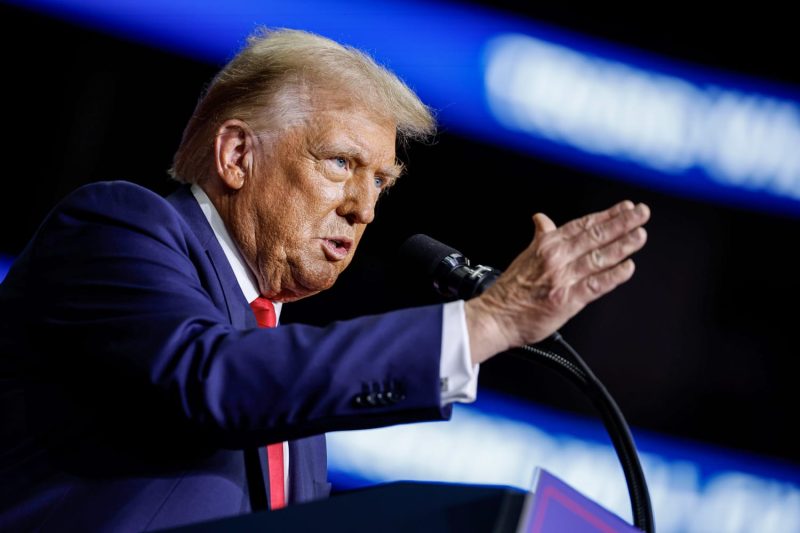In recent times, the words trade war have been buzzing among economists, policymakers, and the business community due to the escalating tensions between the United States and several of its traditional trade partners. President Donald Trump’s uncompromising stance on tariffs has stirred up a hornet’s nest of uncertainties and challenges for American companies and consumers alike. This article delves into the repercussions of Trump’s tariff threats, shedding light on how U.S. companies are navigating this uncharted territory.
One of the immediate repercussions of Trump’s tariff tactics is that American businesses have found themselves in a state of flux, scrambling to devise strategies to mitigate the adverse effects of the escalating trade tensions. The threat of higher tariffs on imports from China, the European Union, and other countries has forced companies to rethink their supply chains, pricing strategies, and overall business models. As a result, the once-prominent mantra of globalization and free trade is being put to the test, compelling U.S. companies to reassess their global footprint and market positioning.
To adapt to the changing trade landscape, U.S. companies are increasingly turning to lobbyists and seeking out loopholes in the current tariff structure. Lobbying efforts have surged as businesses aim to influence policymakers and shape trade policies to safeguard their interests. With the tariff threats looming large, companies are leaving no stone unturned in their quest for exemptions, waivers, and alternative sourcing options to circumvent the additional costs imposed by the tariffs.
However, navigating the labyrinth of tariffs and trade policies is no easy feat, as the rules of engagement in the global trading arena are constantly evolving. The uncertainty surrounding the future of trade relations has created a challenging environment for U.S. companies, prompting them to seek out creative solutions to weather the storm. From exploring new markets to renegotiating contracts, American businesses are actively exploring avenues to secure their competitive edge in the face of escalating trade tensions.
Amidst the chaos and confusion wrought by Trump’s tariff threats, U.S. companies are also embracing innovation and diversification as critical pillars of resilience. By investing in research and development, diversifying their supply chains, and adopting agile business practices, American companies are striving to stay ahead of the curve and adapt to the rapidly shifting trade dynamics.
In conclusion, Trump’s tariff threats have undeniably sent shockwaves through the U.S. business landscape, forcing companies to rethink their strategies, embrace uncertainty, and navigate a highly volatile trade environment. As American businesses grapple with the challenges posed by the escalating trade tensions, their resilience, adaptability, and creativity will be put to the test. By leveraging lobbying efforts, seeking out loopholes, and embracing innovation, U.S. companies are striving to find their footing in an increasingly turbulent trade landscape. The path forward remains uncertain, but one thing is clear – the agility and resourcefulness of American businesses will play a pivotal role in shaping their resilience in the face of evolving trade dynamics.
